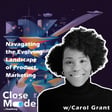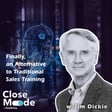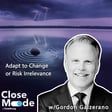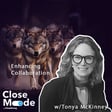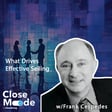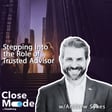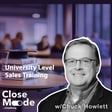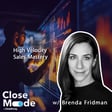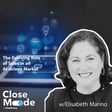
Adapting Sales Strategies for 2024: Insights from Ruby Raley
In this episode, Brian Dietmeyer talks to Ruby Raley, a seasoned expert in sales, product marketing, and leadership roles across various industries, about evolving sales strategies for 2024. They delve into the challenges and inefficiencies in traditional sales techniques, emphasizing the critical need for personal accountability, focus on existing clients, and the integration of new technological tools. This episode is essential for sales professionals striving to adapt and thrive in a rapidly changing market.
Timestamps:
00:00 Identifying customer persona, generating and using tools.
06:37 Expressed confidence, challenges, and strategic insights emerged.
08:45 Strategize, prioritize, and focus on achievable goals.
11:01 Realizing skills vary across the organization's staff.
14:13 Early coaching essential to maximize sales potential.
18:18 Confused by sudden ghosting, overlooked competitor threat.
21:34 Former biz dev relied on credibility, empathy. uniform sales approach lacks personal touch.
25:46 AI tools enable flexible and adaptive organizations.
30:05 AI, skills coaching, account intelligence, deal coaching.
31:17 Impact quality, scale, time management, AI coaching.
34:25 Sincere appreciation for an enjoyable experience.
